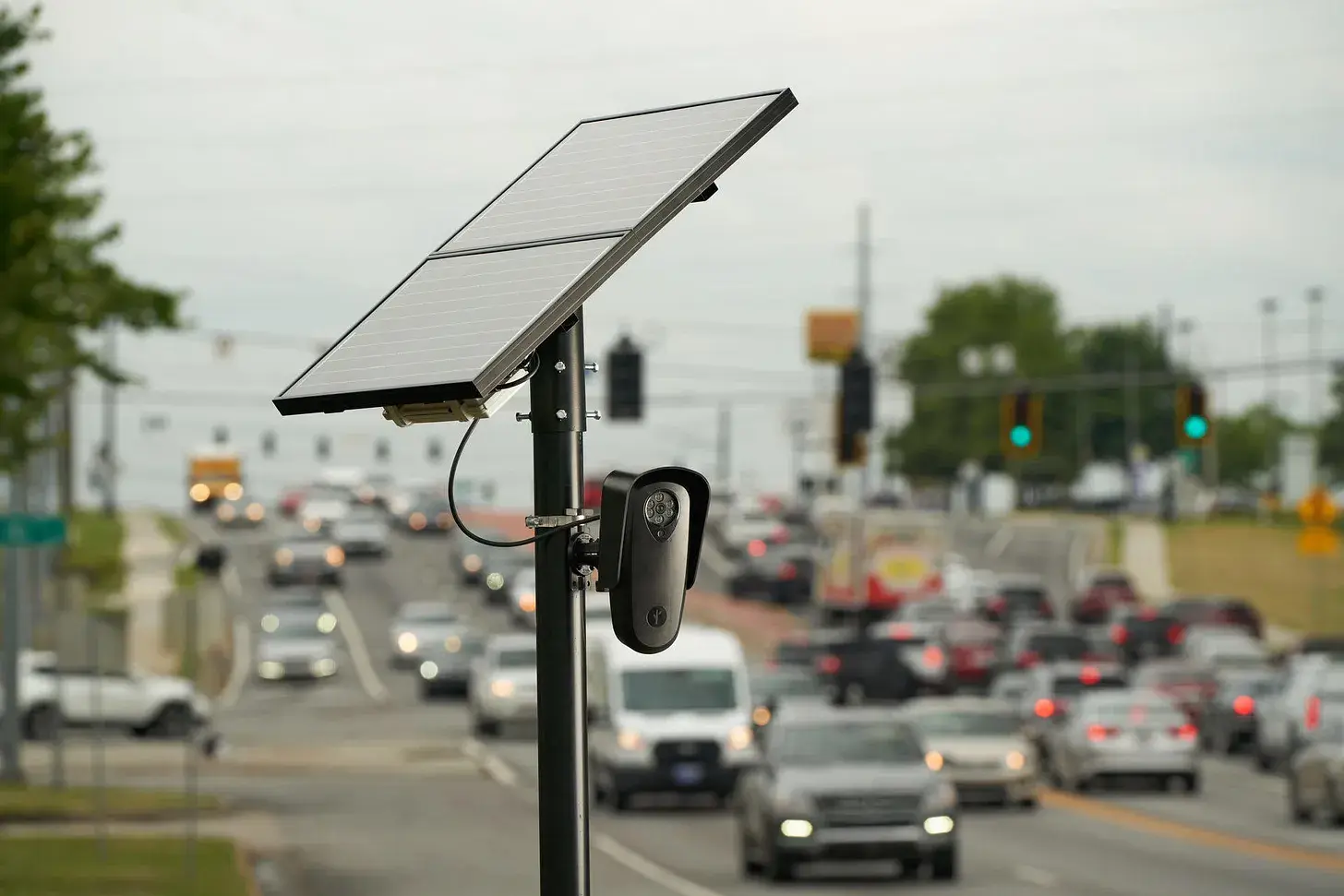This gets us to the central problem of today’s surveillance state. No one running the cameras wants to be observed. One reason that city officials object to releasing Flock data, for example, must that they themselves are among the recorded. The cameras are on them too; they too can be tracked. Everything means everything for these everywhere cameras.



I’m not from the US, but it would seem to me that public cameras should only be accessible for legitimate purposes.
Police should need to request footage, but similarly, you shouldn’t be able to just request any footage willy nilly, because of stalking.
Seems that it should be tightly regulated and require multiple people to gain access, and be documented who was given access.
Overall your comment seems like a great suggestion to me. If footage “goes missing”, they had better have way more evidence to back up their charges.
This also boils down to who is in control of the data.
Whoever gets to approve the data requests, needs to be answerable to those whose footage is being recorded.
If footage is asked for, then such a request needs to be logged publicly, with the requester’s identifiable information and stored as a permanent record, regardless of approval.
If any legislation is to be made regarding this, it is important to keep in mind that incomplete footage can be more harmful and will be misused.
Then comes the point where cops don’t really care about correctly solving a case and are happy with propping any random citizen as a criminal. And considering how easily they can get away with harassment even after being exposed, it honestly doesn’t make sense to me at all that they be given absolutely any extra privileges.
From my standpoint, if I can’t use a local police camera to get informed on who cut the brake-cable of my bicycle, then there might as well be no police camera.
Everytime I have personally seen the police go out of their way to do something, they never had any legitimate purposes.
I completely agree, well put
In reality it’s supposed to be even more strict. They’re trying to get around this by having a private company own the cameras. If the government owned the cameras, they would need to get a warrant with a sufficiently narrow target from a judge before initiating electronic surveillance to track the targets’ location.
If something is really going on which justifies it, getting a warrant is trivial and probable cause is a low bar.